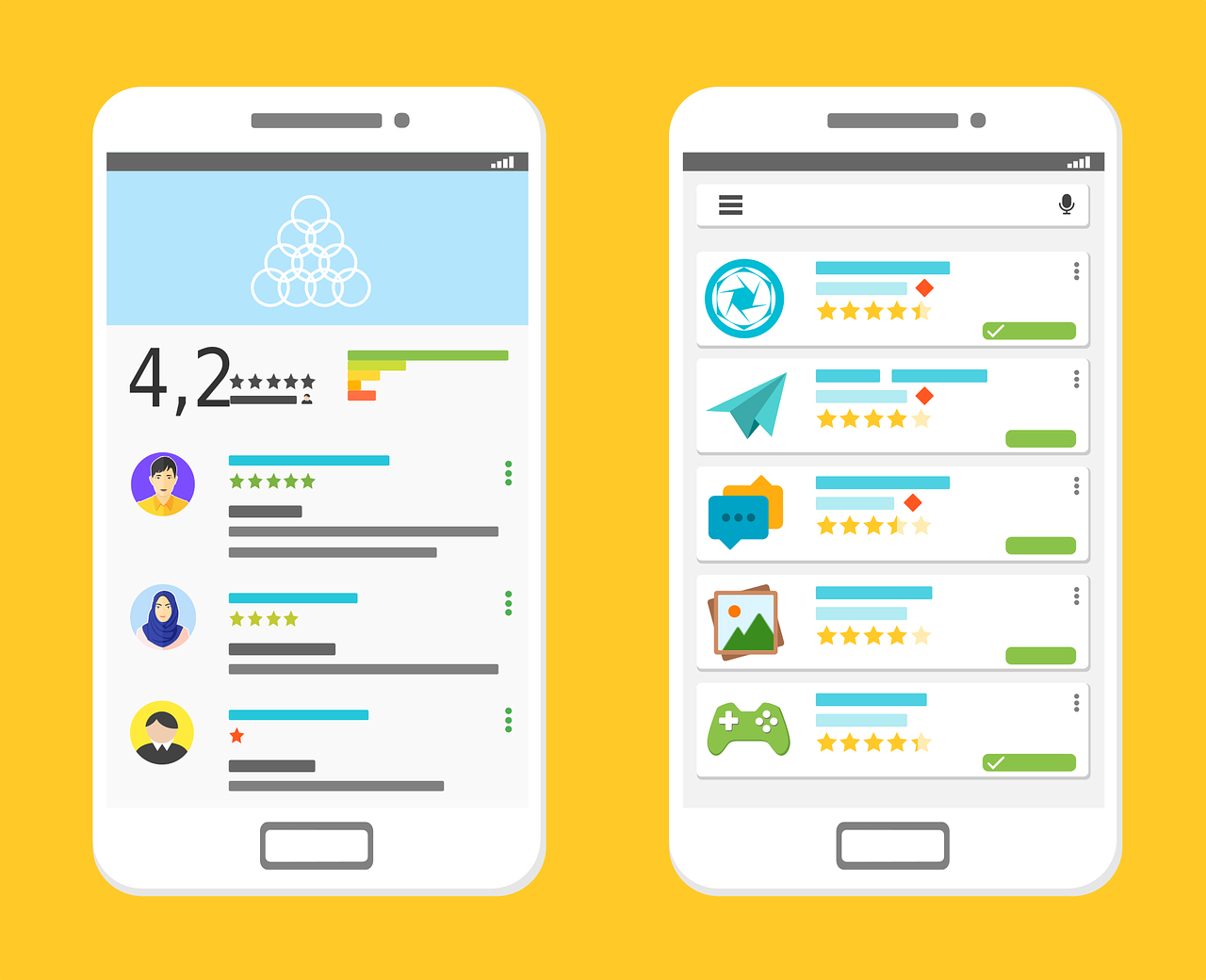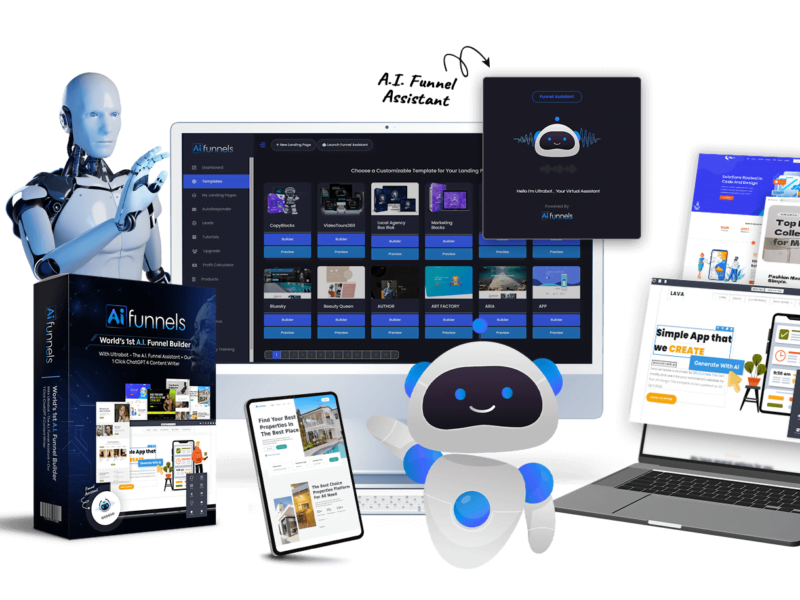Google Play Store is an official app store for the Android operating system, owned and operated by Google. It is the primary app distribution platform for Android devices, where users can download and install various types of mobile applications, such as games, productivity tools, social media apps, entertainment, and much more.
The Google Play Store allows developers to publish their apps and reach a global audience of Android users. The store features a wide range of apps, some of which are free, while others require a purchase or in-app purchases.
It also offers features such as user reviews, app ratings, and recommendations to help users discover new apps that they might be interested in.
Furthermore, the Google Play Store is constantly updated with new features and security measures to ensure a safe and reliable user experience.
The Google Play Store was launched in 2008, initially as the Android Market, and has since grown to become the go-to destination for Android users to discover and download mobile applications.
It is available in over 190 countries and offers a wide range of apps, including games, entertainment, communication, productivity, education, and much more.
Developers can publish their apps on the Google Play Store by creating a developer account, uploading their app, and setting a price or offering it for free.
The Google Play Store then reviews the app to ensure that it meets its guidelines and is safe for users to download and use.
The Google Play Store offers various features to help users discover new apps, including a personalized recommendations section, app ratings and reviews, and curated collections. Users can also search for apps by keywords, category, or developer.
The Google Play Store also offers additional services such as Google Play Music, Google Play Movies & TV, and Google Play Books, which allow users to purchase and download music, movies, and ebooks.
Overall, the Google Play Store is an essential part of the Android ecosystem, providing a platform for developers to reach a global audience and for users to discover and download new apps for their Android devices.
The platform has over 3.5 million application databases and in this huge database, it’s difficult to find a new application just launched.
If you’re also a publisher or developer and looking to publish an Android application on the platform then you first need to understand how you’ll rank it among your competition.
Here in this article, I’ll explain some of the tips and tricks to rank high on the Google Play Store. Make sure to read the article and follow the points given below.
Read more:-
Reinstall Android OS and all Default Drivers
Install Google Play Store On A Nokia XL
There are several ways to improve your app’s ranking in Google Play:
1. Optimize your app’s metadata: Ensure that your app title, description, and keywords are relevant and include the right keywords that users might be searching for. This will help your app appear in search results when users look for apps similar to yours.
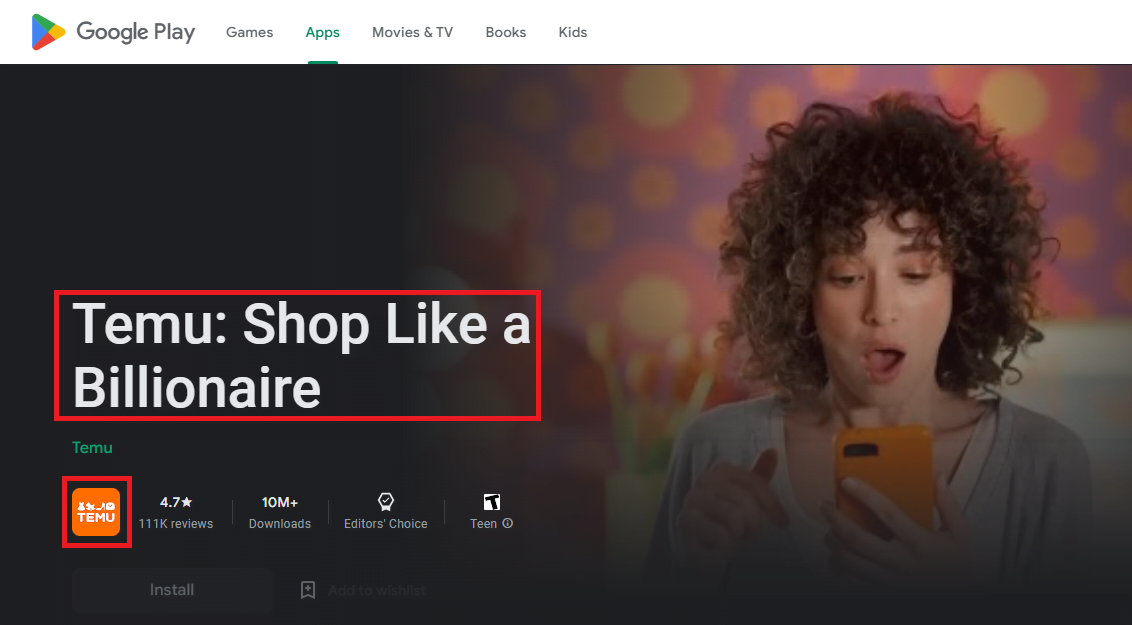
2. Encourage positive user ratings and reviews: High ratings and positive reviews from users can help improve your app’s visibility and ranking in the Google Play Store. Encourage users to leave a review or rating by prompting them after they have used your app for a certain period.
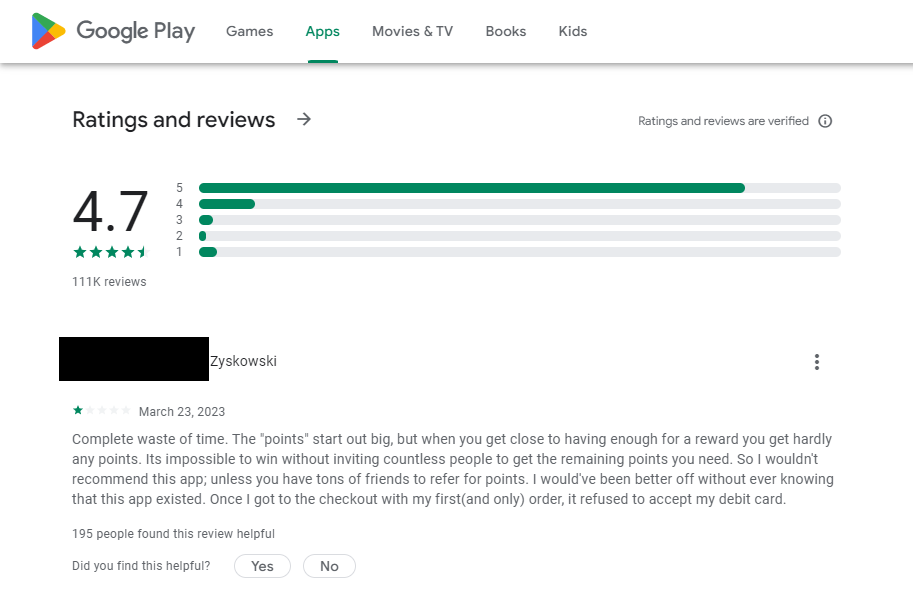
3. Focus on app quality: Quality apps that offer a great user experience are more likely to be downloaded and used by users. Ensure your app is bug-free, well-designed, and easy to use.
4. Use relevant app categories and tags: Make sure your app is listed in the right category and has relevant tags. This will help users find your app when they browse or search for apps in specific categories.

5. Promote your app: Use social media, blogs, and other marketing channels to promote your app and drive downloads. The more downloads your app gets, the higher it will rank in the Google Play Store.
6. Update your app regularly: Regular updates that add new features or fix bugs can help maintain user interest and engagement, leading to better reviews and ratings, and ultimately, higher app rankings.
7. Use engaging and relevant app icons: Your app’s icon is the first thing users see when browsing apps in the Google Play Store. A visually appealing icon that is relevant to your app’s functionality can help attract users and improve your app’s ranking.
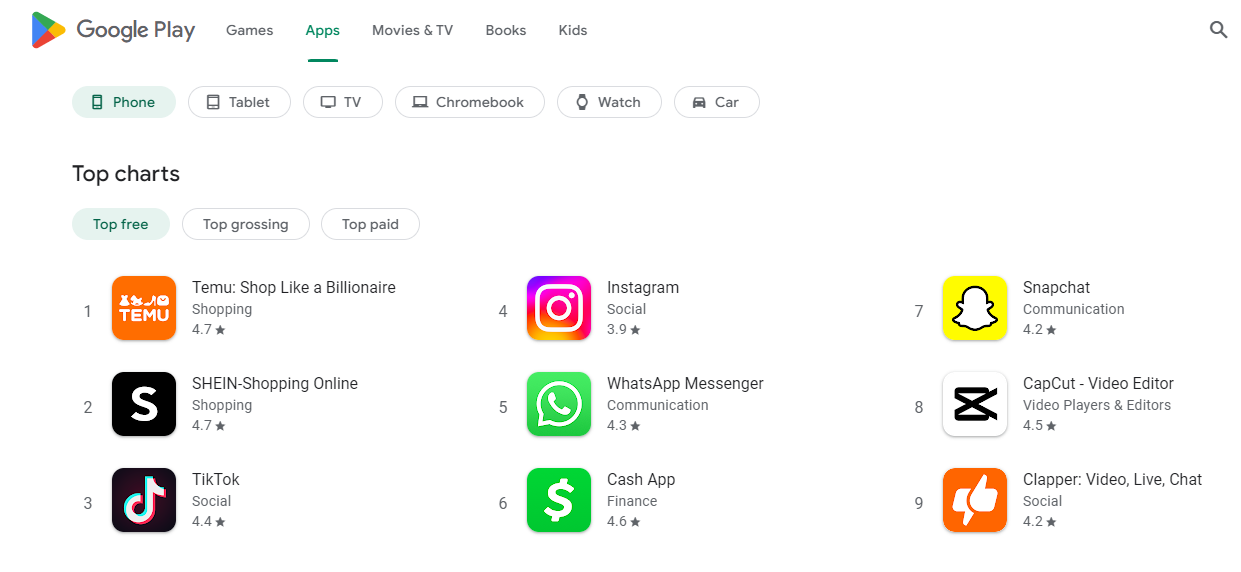
8. Localize your app: If your app is available in multiple languages, it can reach a wider audience and improve its ranking in different countries. Localizing your app’s metadata, descriptions, and screenshots in different languages can help your app appear in more search results.
9. Use app indexing: App indexing is a technique that allows your app’s content to appear in Google search results. This can help increase your app’s visibility and drive more downloads.
10. Offer in-app purchases: If your app offers in-app purchases, it can help generate revenue and improve your app’s ranking. In-app purchases can also increase user engagement and satisfaction.

11. Use deep links: Deep links can help users navigate directly to specific content or features within your app, making it easier for them to use and engage with your app. This can improve user retention, reviews, and ultimately, your app’s ranking.
12. Leverage social proof: Social proof, such as endorsements from influencers, testimonials, or awards, can help build trust and credibility with users. This can lead to more downloads and higher app rankings.
13. In summary, optimizing your app’s metadata, focusing on app quality, encouraging positive user reviews, promoting your app, and using various techniques such as deep links and in-app purchases can help improve your app’s ranking in Google Play.
14. Use video previews: Video previews can help showcase your app’s features and functionality, and give users a better idea of what to expect before they download your app. This can improve user engagement and satisfaction, leading to better reviews and higher app rankings.

15. Offer a free trial or demo: Offering a free trial or demo of your app can help users try out your app before making a purchase. This can increase user engagement and satisfaction, leading to better reviews and higher app rankings.
16. Optimize for app retention: App retention, or the percentage of users who continue to use your app after downloading it, is an important factor in app ranking. Focus on providing a great user experience, regular updates, and personalized recommendations to improve app retention and ultimately, your app’s ranking.
17. Respond to user feedback: Responding to user feedback, whether it’s positive or negative, can help improve user satisfaction and loyalty. This can lead to better reviews and higher app rankings.
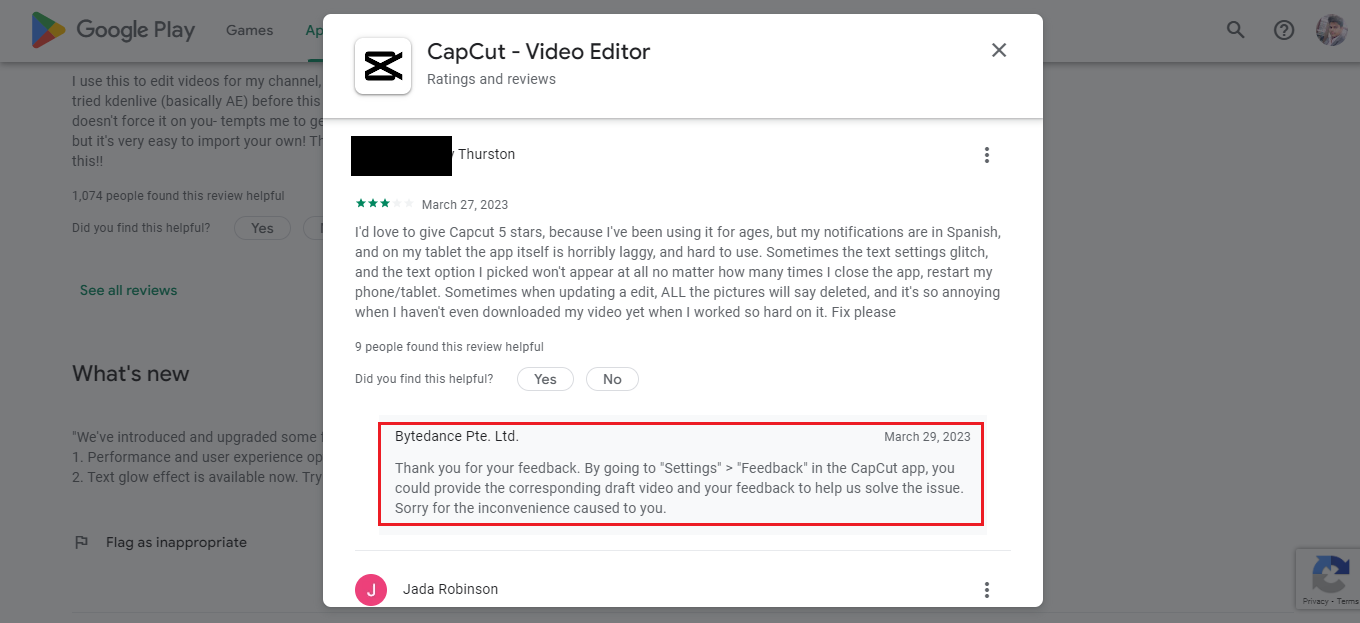
18. Use app store optimization (ASO) tools: ASO tools can help you analyze your app’s performance, identify areas for improvement, and optimize your app’s metadata and other factors that impact app ranking.
19. Partner with other apps or brands: Partnering with other apps or brands can help increase your app’s visibility and reach new audiences. This can lead to more downloads and higher app rankings.
20. Focus on user engagement: User engagement, or the level of interaction and activity within your app, is an important factor in app ranking. Focus on providing a great user experience, personalized recommendations, and regular updates to improve user engagement and ultimately, your app’s ranking.
Read more:-
Restore The Google Play Store Once Deleted
33 Tips To Promote An App In Google Play
21. Monitor app analytics: Monitoring app analytics can help you track user behavior, identify areas for improvement, and optimize your app’s performance. This can lead to better user engagement, retention, and ultimately, higher app rankings.
22. Use social media to promote your app: Social media is a powerful tool for promoting your app and reaching new audiences. Use social media platforms such as Twitter, Facebook, and Instagram to promote your app, share updates, and engage with users.
23. Offer exclusive content or features: Offering exclusive content or features within your app can help increase user engagement and satisfaction, leading to better reviews and higher app rankings.
24. Use app badges: App badges, such as “Editor’s Choice” or “Top Developer,” can help improve your app’s visibility and credibility in the Google Play Store. These badges are awarded to apps that meet certain criteria, such as quality, innovation, and user engagement.
25. Optimize for search intent: Optimizing your app’s metadata and content for search intent, or the user’s intention behind their search, can help improve your app’s visibility and ranking in Google Play search results.
26. Optimize for app size and performance: App size and performance are important factors in app ranking. Ensure that your app is optimized for size and performance by minimizing file size, reducing load times, and optimizing code.
27. Use push notifications: Push notifications can help increase user engagement and retention by sending timely and relevant messages to your app users. This can lead to better user satisfaction, reviews, and ultimately, higher app rankings.
28. Offer a referral program: Referral programs can encourage users to share your app with their friends and family, leading to more downloads and higher app rankings.
29. Use app install ads: App install ads can help increase your app’s visibility and drive more downloads. These ads are displayed in the Google Play Store and other apps and can be targeted to specific audiences.
30. Optimize for app accessibility: App accessibility, or the ability of users with disabilities to use your app, is an important factor in app ranking. Ensure that your app is optimized for accessibility by providing alternative text and audio descriptions, and using large font sizes and high-contrast colors.
31. Offer a customer support channel: Offering a customer support channel, such as email or chat support, can help improve user satisfaction and loyalty. This can lead to better reviews and higher app rankings.
32. Use in-app messaging: In-app messaging can help improve user engagement and retention by sending personalized messages to your app users. This can lead to better user satisfaction, reviews, and ultimately, higher app rankings.
33. Optimize for app security: App security is an important factor in app ranking. Ensure that your app is secure by using the latest encryption technologies, implementing two-factor authentication, and regularly monitoring for security vulnerabilities.
34. Use app search ads: App search ads can help increase your app’s visibility and drive more downloads. These ads appear at the top of Google Play search results and can be targeted to specific keywords and audiences.
35. Offer a loyalty program: Loyalty programs can encourage users to continue using your app and engaging with your brand, leading to better user satisfaction, reviews, and ultimately, higher app rankings.
36. Use app store optimization (ASO) services: ASO services can help you optimize your app’s metadata, content, and other factors that impact app ranking. These services can provide valuable insights and recommendations to help improve your app’s visibility and performance.
37. Optimize for app loading speed: App loading speed is an important factor in user engagement and retention. Ensure that your app loads quickly by optimizing code, reducing file size, and using caching technologies.
38. Offer a free version of your app: Offering a free version of your app can help users try out your app before making a purchase. This can increase user engagement and satisfaction, leading to better reviews and higher app rankings.
39. Optimize for app compatibility: App compatibility is an important factor in app ranking. Ensure that your app is compatible with a wide range of devices and operating systems to reach a larger audience and improve your app’s ranking.
40. Use app engagement ads: App engagement ads can help increase user engagement and retention by promoting specific features or content within your app. These ads can be targeted to specific audiences and can help improve user satisfaction, reviews, and ultimately, higher app rankings.
41. Offer a referral reward: Offering a referral reward, such as a discount or free premium subscription, can encourage users to share your app with their friends and family. This can lead to more downloads and higher app rankings.
42. Optimize for app loading time: App loading time is an important factor in user engagement and retention. Ensure that your app loads quickly by optimizing images, videos, and other media, and minimizing network requests.
43. Use app analytics tools: App analytics tools can help you track user behavior, identify areas for improvement, and optimize your app’s performance. This can lead to better user engagement, retention, and ultimately, higher app rankings.
44. Optimize for app updates: App updates are an important factor in app ranking. Ensure that your app is updated regularly with new features, bug fixes, and performance improvements to improve user satisfaction and retention.
45. Use app personalization: App personalization can help improve user engagement and retention by providing personalized recommendations, content, and experiences. This can lead to better user satisfaction, reviews, and ultimately, higher app rankings.
46. Offer a premium version of your app: Offering a premium version of your app can help generate revenue and improve your app’s ranking. Premium versions can offer additional features or content that are not available in the free version.
47. Use app deep linking: App deep linking can help improve user engagement and retention by providing a seamless user experience across different apps and platforms. This can lead to better user satisfaction, reviews, and ultimately, higher app rankings.
48. Optimize for app accessibility guidelines: App accessibility guidelines are important for making your app accessible to users with disabilities. Ensure that your app meets the latest accessibility guidelines to improve user satisfaction and retention.
49. Use app retargeting: App retargeting can help increase user engagement and retention by targeting users who have previously used or downloaded your app. This can lead to better user satisfaction, reviews, and ultimately, higher app rankings.
50. Offer a free trial of your premium version: Offering a free trial of your premium version can help users try out your app before making a purchase. This can increase user engagement and satisfaction, leading to better reviews and higher app rankings.
51. Optimize for user feedback: User feedback is an important factor in app ranking. Ensure that you are actively listening to user feedback, responding to user concerns, and implementing user suggestions to improve user satisfaction and retention.
52. Use app personalization tools: App personalization tools can help you provide personalized recommendations, content, and experiences to your app users. This can lead to better user satisfaction, reviews, and ultimately, higher app rankings.
53. Optimize for app engagement metrics: App engagement metrics, such as time spent in the app and the number of sessions, are important factors in app ranking. Ensure that your app is optimized for these metrics by providing a great user experience and personalized recommendations.
54. Use app referral ads: App referral ads can help increase user engagement and retention by encouraging users to refer their friends and family to your app. This can lead to more downloads and higher app rankings.
55. Offer in-app rewards: Offering in-app rewards, such as virtual currency or exclusive content, can help increase user engagement and retention. This can lead to better user satisfaction, reviews, and ultimately, higher app rankings.
56. Use app messaging tools: App messaging tools can help improve user engagement and retention by sending personalized messages to your app users. This can lead to better user satisfaction, reviews, and ultimately, higher app rankings.
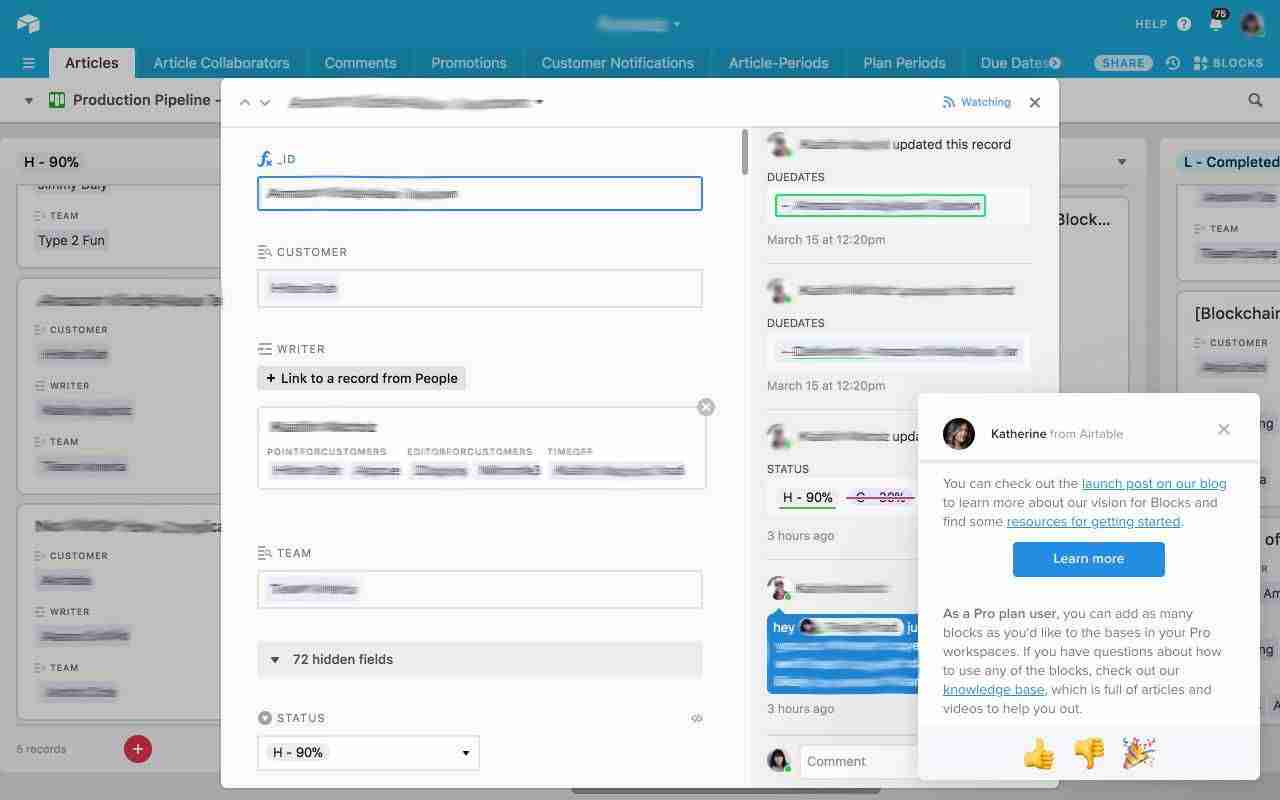
57. Optimize for app search algorithms: App search algorithms are constantly evolving, so it’s important to stay up-to-date with the latest trends and best practices. Ensure that your app is optimized for app search algorithms to improve your app’s visibility and ranking.
These are some of the points that you need to consider while ranking your Android application on the Google Play Store. If you want to rank high on the Google Play Store then ASO is the process for it. ASO includes the following points as I explained above.
Read more:-
Redeem Code For Google Play Store
Install Google Play Store on Chinese Huawei Phone
Bottom lines:
Hope you guys understand how to optimize your Android application on the Google Play store for better rankings. If you want to rank high then it can be possible by following tips and tricks.
If you have any issues with any of these points then please write them in the comments down below.
Hope you guys found the article helpful, don’t forget to share it with your loved ones, friends, and families.

